

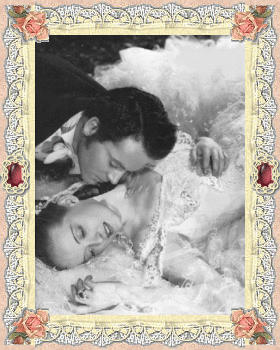
Never considered a great beauty, Davis is able by sheer will and good acting, to convince us that she is the most sought after woman in the South. Julie's destructive willfulness is aptly portrayed in the scene when she insists on going to the Bozarts ball wearing a flaming red gown. This is done of course to spite her beau, Preston Dillard, played by Henry Fonda, who thinks it is highly improper since unmarried women are expected to wear pristine white. The clash of wills between the two makes for an unforgettable scene. After a failed attempt at making Preston jealous by asking an old beau to escort her to the ball, she appears ready to go to the party in the scandalous red dress. Thinking that Preston's sense of propriety will not allow him to go to the ball with her dressed in such a fashion, she is surprided when he calls her bluff and takes her anyway. Neadless to say, all involved are highly embarrassed by this social faux pau and the results is the breaking off of the couple's engagement. Davis and director William Wyler were said to have had an ongoing love affair for the duration of their working relationship. Their professional collaboration resulted in three landmark classic films that enhanced both their carreers considerably. With Wyler behind the camera, and Ernest Haller in charge of cinematography, Davis enjoys some incredible moments on the screen. Gone With The Wind may not have a single moment quite as breathtaking as the scene when Davis apologizes to Fonda on her knees when he returns after three years absence. Under Wyler's capable direction, the camera caresses Davis, showing a beauty and innocence that we haven't seen before. After humbling herself at Press' feet, it is announced to Julie that Press has married in the interim, and has brought his new yankee wife to visit his southern homeland. We then we see the return of the proud, manipulative Julie who succeeds in alienating everyone. Fueled by anger over Press' marriage to the Yankee, she even provokes a duel between two men that results in an untimely end for one. The screenplay was based on the Owen Davis, Sr. play that did not fair well on Broadway, which starred Miriam Hopkins, who replaced an ailing Tallulah Bankhead. The casting of Davis fanned the flames of her feuds with both of these southern belles, who hailed from Georgia and Alabama respectively. Davis co-starred in two films with Hopkins, and played some important roles on film, that originated on the stage with Bankhead. Fonda had made a deal with the studio that his work on the film be completed by early December, so he could fly back to New York where his wife was awaiting their first child, Jane. As a result, Davis had to do her closeups and inserts without Fonda on the set. The production still fell behind schedule due to the fact that both Wyler and Davis were perfectionists. Jezebel ends with Julie redeeming herself by convincing Press' wife that she is the only one strong enough to care for him after he is stricken with yellowjack fever, which has swept the countryside. At the end of the film she bravely goes off to be quarantined with the yellowjack victims, making the ultimate sacrifice for the man she loves.
Bette Davis gives a mesmerizing performance in this romantic melodrama set in antebellum society. She plays Julie Marsden, a southern belle who's wicked ways ruin her own chances for happiness, as well as shake up all those around her in the Olde South. Davis is in her element. Julie snaps out of the screen at you with a bristling intensity. She is a nervy, self indulgent girl, who knows what she wants, and will go to almost any lengths to obtain it.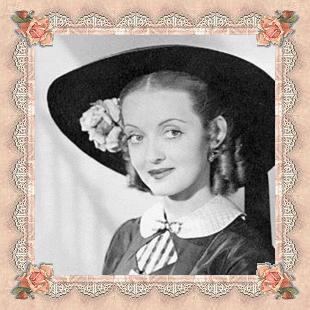

![]()

![]()

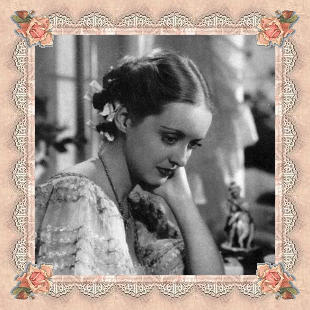

![]()

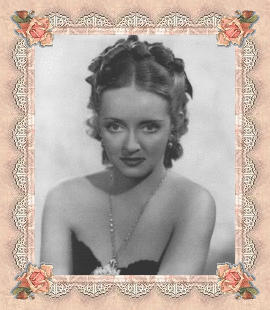

![]()

![]()

![]()

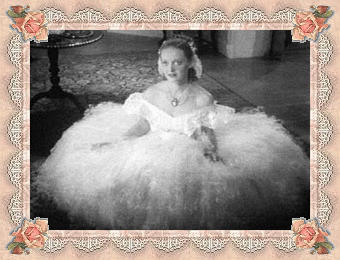
"I put on this white dress for you....To help me tell you how humbly I ask you to forgive me."
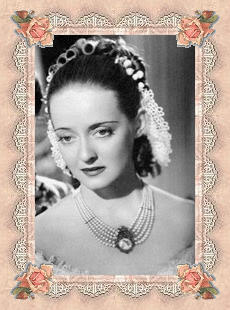

![]()

![]()

![]()

![]()

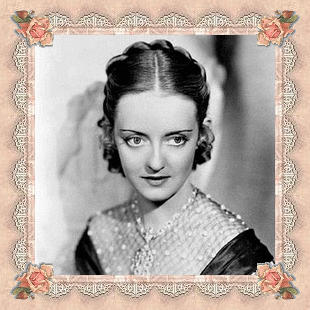



- Bette Davis - Julie Marsden
- Henry Fonda - Preston Dillard
- George Brent - Buck Cantrell
- Margaret Lindsay - Amy Dillard
- Donald Crisp - Dr. Livingstons
- Fay Bainter - Aunt Belle Bogardus



- William Wyler - Director
- Robert Bruckner - Screenwriter
- Abem Finkel - Screenwriter
- John Huston - Screenwriter
- Clements Ripley - Screenwriter
- Ernest Haller - Cinematographer
- Max Steiner - Composer (Music Score)
- Warren Low - Editor
- Robert M. Haas - Art Director
- Henry Blanke - Associate Producer
- Hal B. Wallis - Executive Producer
- Leo F. Forbstein - Musical Direction
- Alexis Dubin - Songwriter
- Johnny Mercer - Songwriter
- Harry Warren - Songwriter
- Orry Kelly - Costume Designer



- Best Actress (win) - Bette Davis - Academy
- Best Cinematography (nom) - Ernest Haller - Academy
- Best Picture (nom) - Academy
- Best Score (nom) - Max Steiner - Academy
- Best Supporting Actress (win) - Fay Bainter - Academy
- 10 Best Films (win) - National Board of Review of Motion Pictures
- Best Picture (win) - Venice Film Festival








